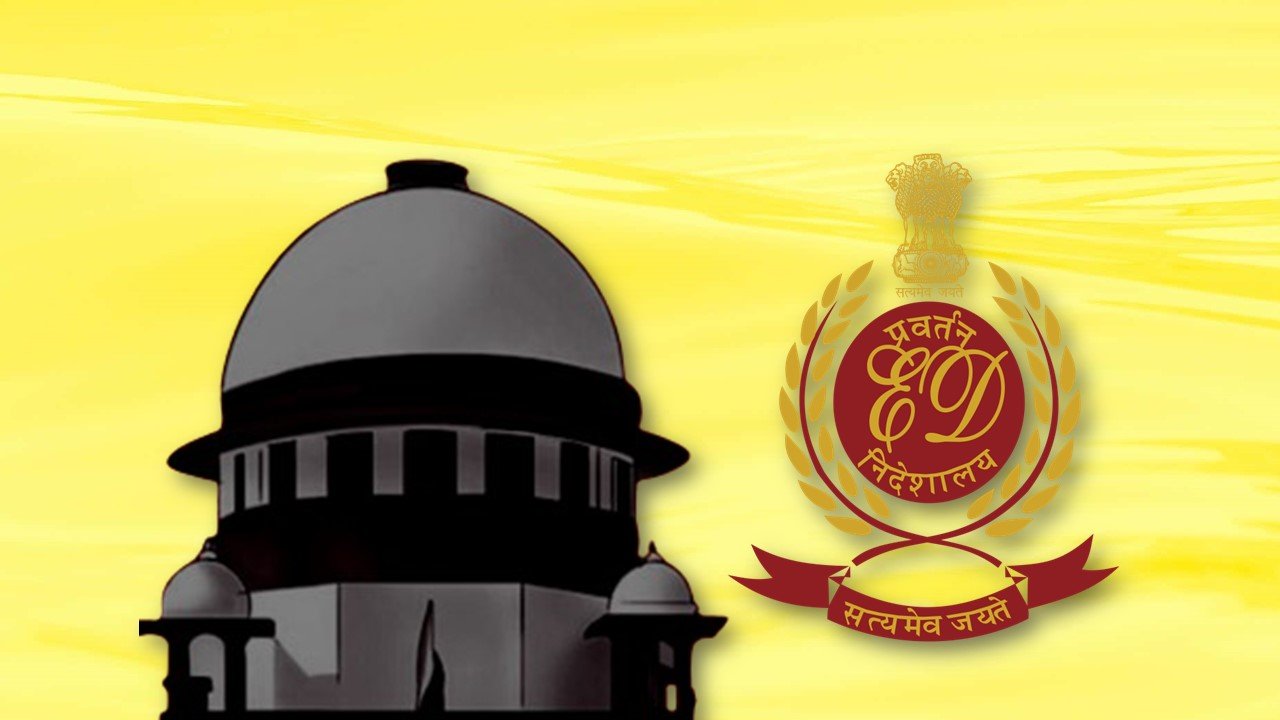On Monday, August 18, 2025, Chief Justice of India B.R. Gavai clarified that any adverse oral remarks made by the Supreme Court against the Directorate of Enforcement (ED) were “dispassionate and based entirely on facts.” His observation came as the ED’s counsel expressed concern that such comments “percolate” into the public and even within the judiciary, creating a negative impression of the agency.
Senior advocate Kapil Sibal, appearing for the State of Tamil Nadu, countered this argument, noting that the perception of the ED already existed in the public domain irrespective of the court’s remarks. “Even if the court does not say anything, the perception remains,” Mr. Sibal said.
Tamil Nadu vs ED: The TASMAC Dispute
The Supreme Court was hearing a petition filed by Tamil Nadu challenging the ED’s investigation and raids on the Tamil Nadu State Marketing Corporation (TASMAC). The Madras High Court, in April, had declined to stay the ED’s probe into alleged corruption at TASMAC.
The controversy intensified in May when CJI Gavai orally remarked that the ED was “crossing all limits” while staying the investigation. Questioning the very basis of the ED’s actions, the CJI had asked:
“How can a corporation commit an offence? The ED is crossing all limits.”
He further said that the ED’s raids against a state-owned corporation infringed upon India’s federal structure.
“You are totally violating the federal structure of the country,” he remarked at the earlier hearing.
Data Protection and DPDP Act Readiness: Hundreds of Senior Leaders Sign Up for CDPO Program
Allegations of Privacy Violations and State Action
Senior advocate Mukul Rohatgi, representing TASMAC, alleged that ED officials had cloned employees’ mobile phones during the raids. “There is something called privacy,” he argued, stressing that the actions of the agency raised serious constitutional concerns.
Supporting this, Mr. Sibal highlighted that Tamil Nadu had already taken action by registering 41 FIRs against liquor outlet operators in corruption cases. According to the State, there was no justification for the ED to step in and conduct parallel proceedings against a government corporation.
The ED, however, maintained that its investigation was justified, alleging a fraud of nearly ₹1,000 crore and claiming that political figures were involved.
The Larger Question of Federalism
At the heart of the matter is the broader debate over the scope of the Enforcement Directorate’s powers and their implications for federalism. While the ED insists its mandate allows it to investigate financial frauds involving state-owned entities, the Supreme Court has raised pointed questions on whether a corporation, as an entity, can be criminally liable under the Prevention of Money Laundering Act (PMLA).
The case now stands as a significant test of the balance between central investigative powers and state autonomy. With growing concerns over privacy violations, federal overreach, and political misuse, the outcome of the TASMAC probe is likely to shape the contours of centre-state relations in financial investigations.



